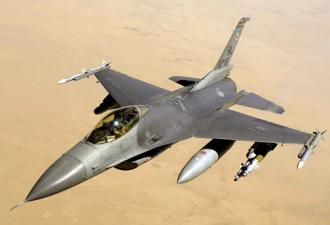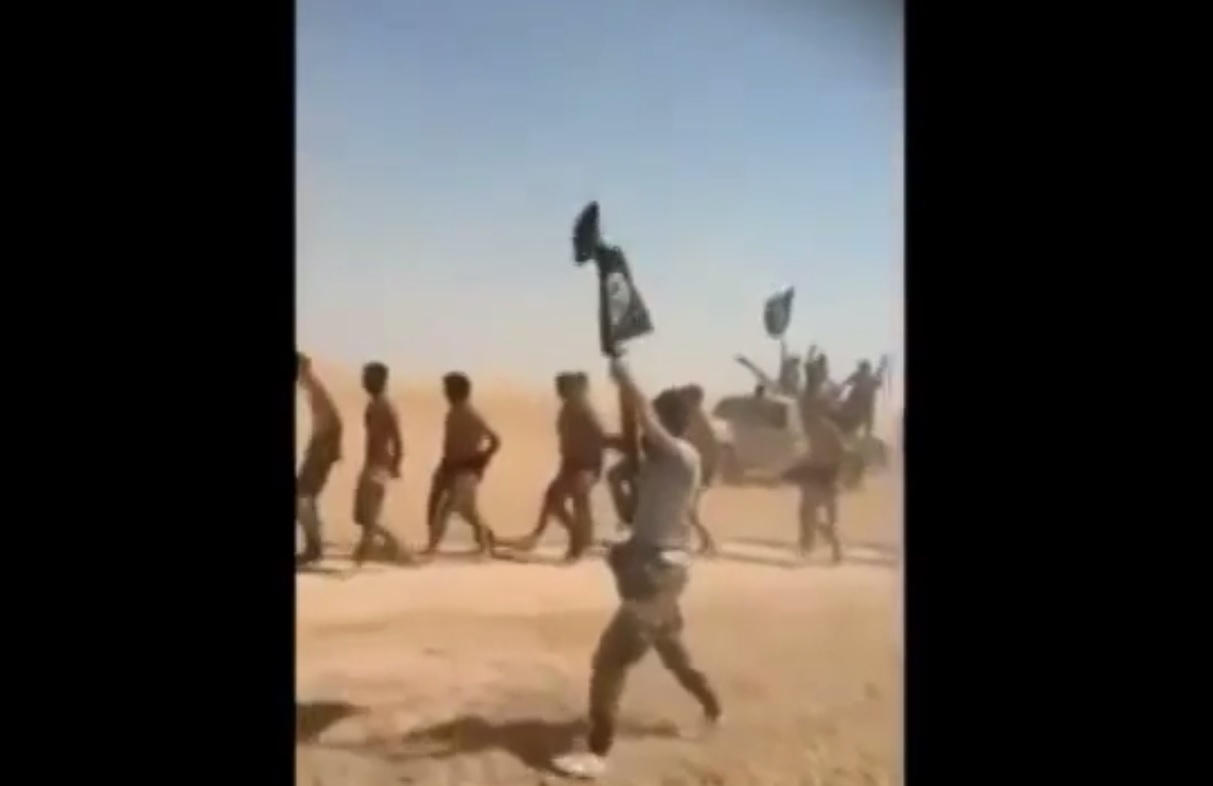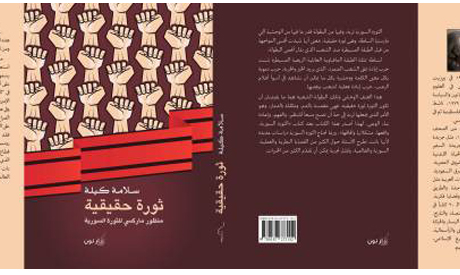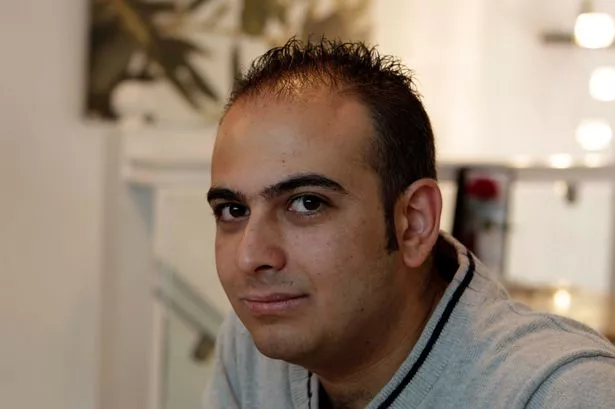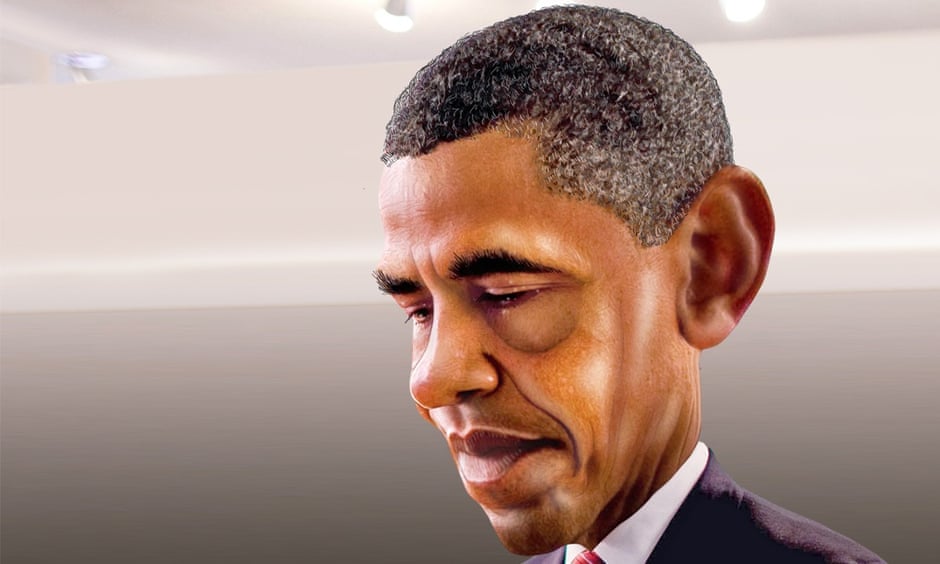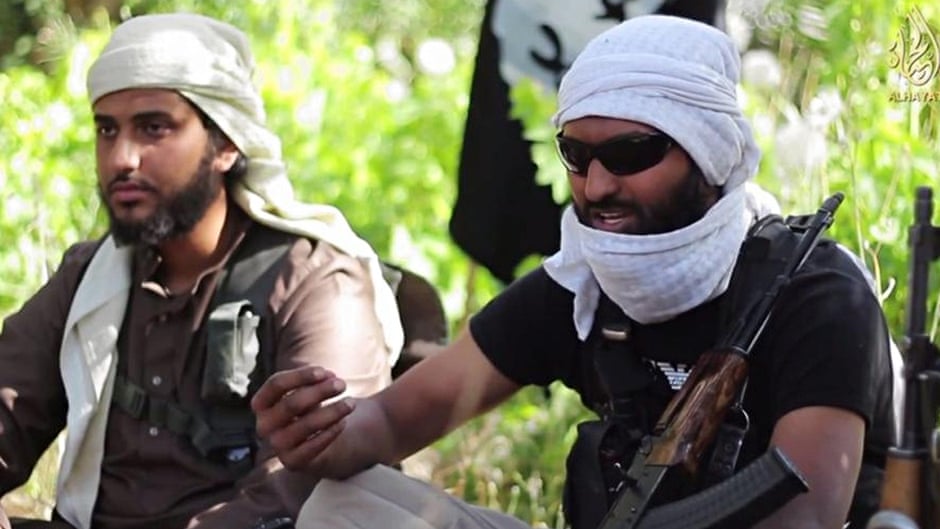
'At dawn on Aug. 21, 2013, the chemical attack struck Moadhamiyeh. Struggling to breathe, Mr. Eid staggered outside, saw a young boy foaming at the mouth, and then passed out. A friend found Mr. Eid among dead bodies; after a shot of atropine, he awoke to an earthshaking bombardment.
Washing his face as he prepared to rush to the front line, he glimpsed his reflection. He saw eyes filled with an unfamiliar rage, he recalled, “like when Bruce Banner looks in the mirror and sees the Hulk.”
By the time he reached Beirut, though, rage had transmuted into disillusion. He swiftly set about breaking his promise to the Fourth Division, telling journalists that the government’s truces were far from peace-building compromises, that starving towns had no choice but compliance. But he also recounted the opposition’s mistakes: betting on decisive military help from the West that never came, and underestimating Mr. Assad’s appetite for violence, and the number and tenacity of his supporters.
Now, in the cafe, he called on fellow activists to be pragmatic, conserve lives, and root out sectarianism and extremism, or risk “destroying what’s left” and “creating another dictatorship.” '


